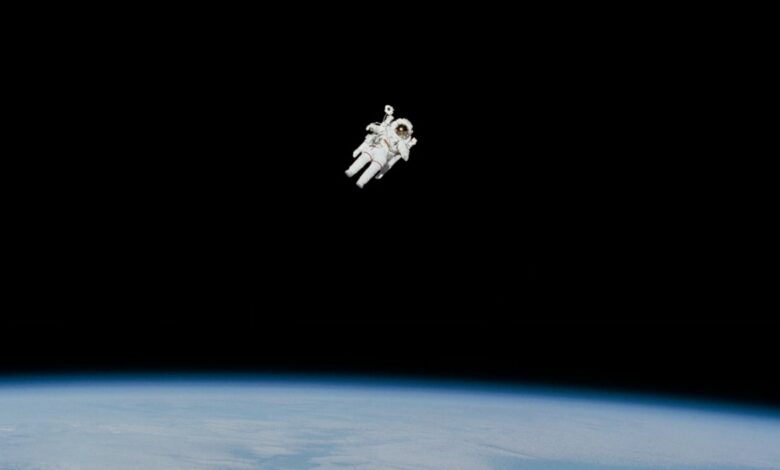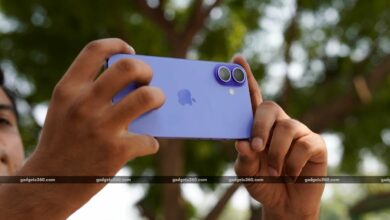ndia-UK physics team proposes experiment to test quantum nature of gravity

A collaboration of physicists from India and Great Britain has designed an experiment to investigate whether gravity exhibits quantum behavior. The experiment is led by Professor Sougato Bose from University College London (UCL), with Dr Debarshi Das also involved. With this new experiment, the team wants to investigate whether gravitational interactions follow the special rules of quantum mechanics, similar to other fundamental forces such as electromagnetism. The experiment will measure the gravitational effects between two tiny diamond crystals, with results that could potentially reshape our understanding of gravity.
A new approach to test the quantum properties of gravity
This new experiment, outlined in Physical Review Letters, will use small diamond crystals as tools to detect potential quantum disruptions. By placing one crystal as a detector and the other as a gravity source, the researchers want to observe whether measuring gravity causes a disturbance in the system. In classical physics, observations have no influence on the system under investigation, but quantum mechanics suggests otherwise. According to Professor Bose, “Once experimental errors are eliminated, any observed disruption would indicate gravity’s adherence to quantum principles.”
A solution to a persistent mystery in physics
Physicists have long tried to reconcile gravity with quantum mechanics, the established framework for understanding the other three fundamental forces: electromagnetism, the weak nuclear force, and the strong nuclear force. The quantum behavior of these forces is well documented, but gravity has consistently escaped similar classification. Despite efforts by major research groups, including experiments with neutrinos in Antarctica, no conclusive evidence for quantum gravity effects has yet been found.
A long-term vision for testing quantum gravity
The proposed benchtop setup provides an efficient and compact way to test quantum gravity, but the experiment depends on advanced technology that can manipulate and measure the gravity of extremely lightweight nanodiamonds. Dr. Das noted that it could take a decade or more to perfect the technique, adding that “a benchtop experiment is much more practical than alternatives such as building a cosmic-scale particle accelerator.”
The path to unified physics
Team members such as Dr. Dipankar Home of the Bose Institute in Kolkata see the experiment as an opportunity to uniquely test the predictions of quantum mechanics for gravity. Although theories such as string theory attempt to bridge the gap between quantum mechanics and gravity, no direct experimental evidence exists.
For the latest tech news and reviews, follow Gadgets 360 X, Facebook, WhatsApp, Wires And Google News. For the latest videos on gadgets and technology, subscribe to our YouTube channel. If you want to know everything about top influencers, follow our in-house Who is that360 on Instagram And YouTube.

iQOO 12 Android 15-based FuntouchOS 15 update reportedly rolling out for global users
Samsung Galaxy S25+ spotted on Geekbench with Exynos 2500 SoC, Android 15





